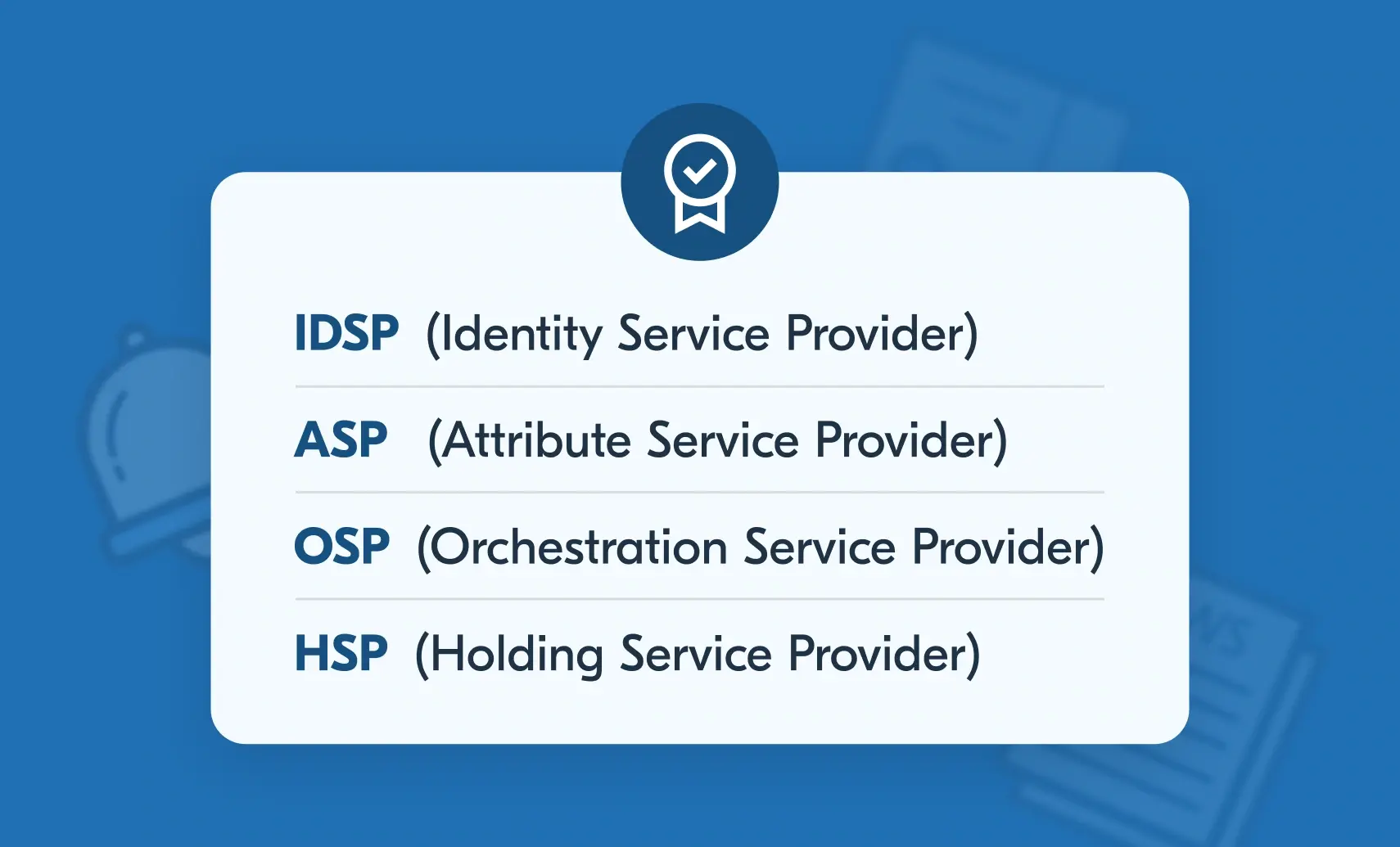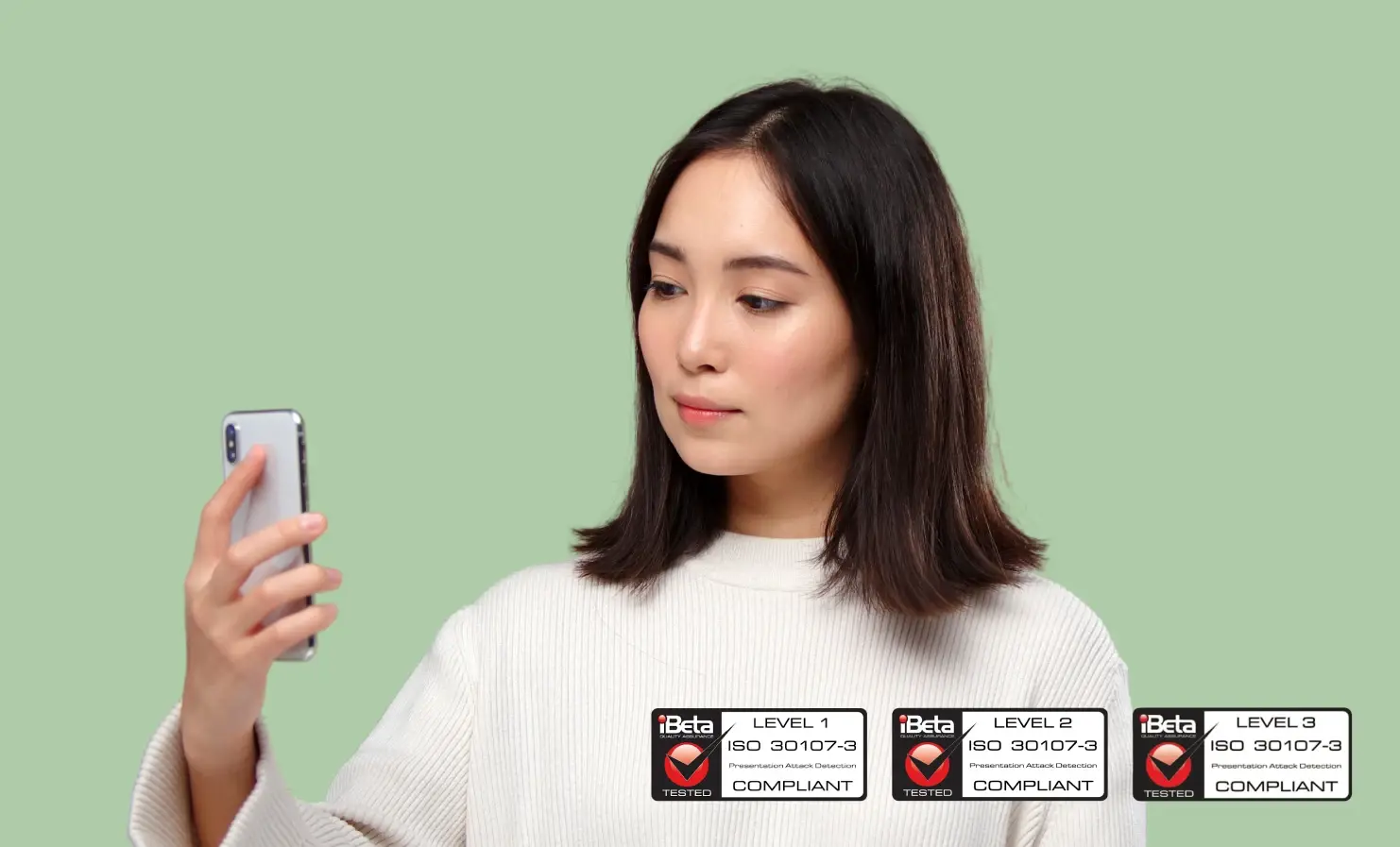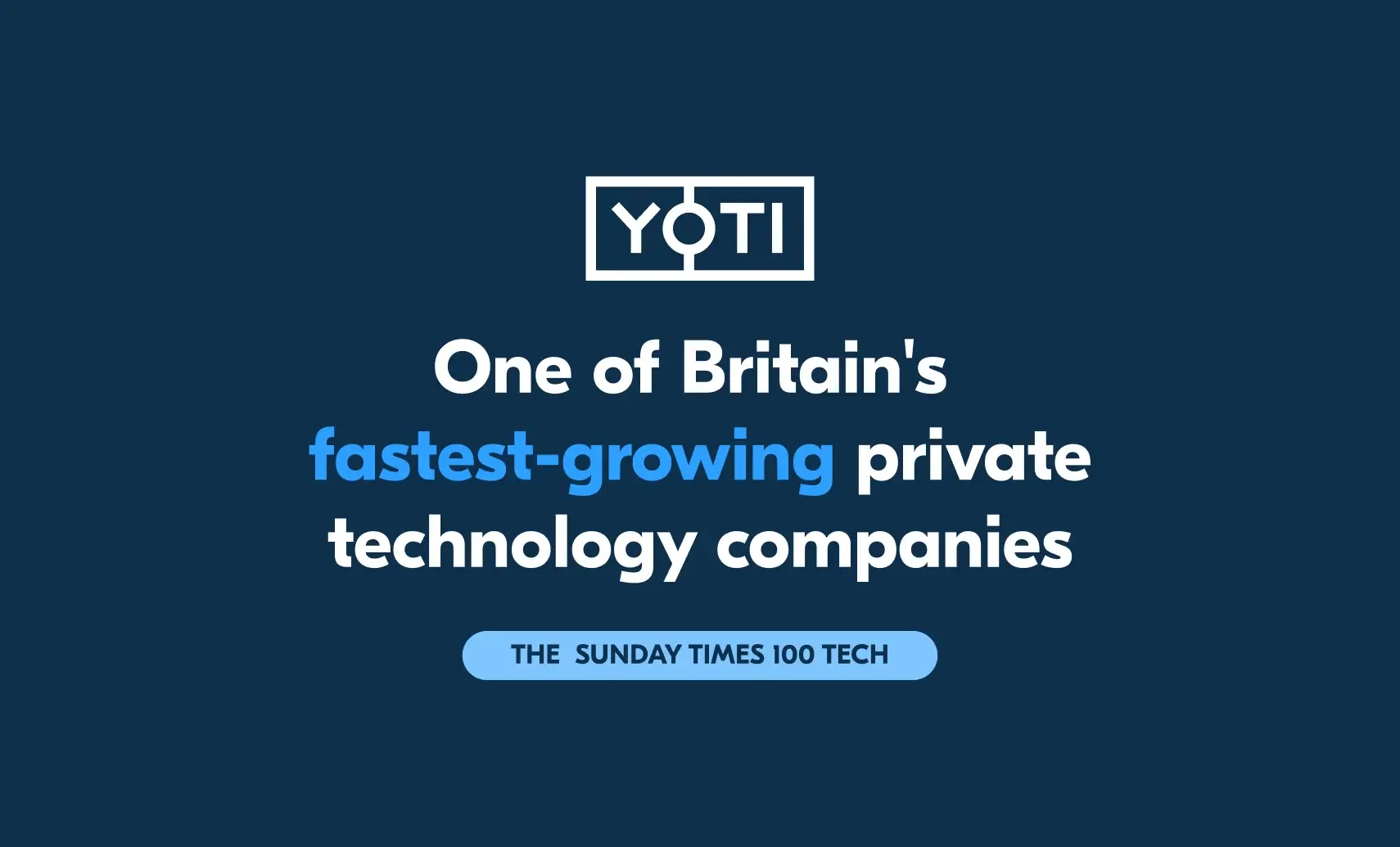Thoughts from our CEO
In this blog series, our CEO Robin Tombs will be sharing his experience, whilst focusing on major themes, news and issues in the world of identity verification and age assurance. This month, Robin chats about independent testing for accurate facial age estimation, using digital IDs for age-restricted purchases in store and the UK government’s digital ID wallet. Independent testing shows who truly meets the bar In February 2024, Ofcom published guidance that, for an age assurance process to be highly effective at age-gating children in practice, service providers should ensure the process meets 4 criteria: technically accurate, robust,
More ways to use and accept Digital IDs in the UK
We’ve hit an important milestone in our journey to make our trusted and accessible digital IDs easier to use in the UK. Yoti has achieved Gamma (v0.4) certification under the UK Digital Identity and Attributes Trust Framework (UKDIATF). In practice, that means we’re now certified across four key roles: Identity Service Provider (IDSP) Attribute Service Provider (ASP) Holding Service Provider (HSP) Orchestration Service Provider (OSP) It confirms that Yoti meets the UK Government’s highest standards for secure, trusted digital identity services. It also means that we’re ready to support everyday use cases, like accessing age-restricted services and buying alcohol,
Thoughts from our CEO: Yoti sees major improvements in liveness and age estimation models
In this blog series, our CEO Robin Tombs will be sharing his experience, whilst focusing on major themes, news and issues in the world of identity verification and age assurance. This month, Robin chats about Yoti’s record year, major advances in our liveness and facial age estimation models and shifting government attitudes on digital ID. Yoti’s revenue growth accelerates 2025 has been a record year for Yoti. Revenues grew 62% in 2025 to £29.0 million, up from £17.9 million in 2024. That compares with £11.5 million in 2023, meaning 2024 revenues were already 56% higher year on
Yoti is the first in the world to meet iBeta’s highest liveness standard for presentation attack detection
Liveness checks are everywhere online. They give the same reassurance as a face-to-face age or identity check: that the person on the other side is real. They sit behind how people open accounts, access services and prove who they are (or how old they are). They also stop bots and bad actors from creating fake accounts, be that on dating sites where people are tricked into relationships with someone who doesn’t exist, or on ticketing sites where bots snap up all the best seats to resell at a profit. Because liveness checks sit right at the front of these
We’ve made the Sunday Times 100 Tech (again)
We’ve got some pretty exciting news to share. Yoti has been included for the 2nd year in a row in The Sunday Times 100 Tech list, Britain’s fastest-growing private technology companies, coming in at number 47. The Sunday Times 100 Tech ranks tech businesses by measuring their compound annual growth rate over the past 3 financial years. How do they decide who makes the list? As well as measuring revenue growth, The Times also requires companies to be independent, unquoted and privately owned, with a UK headquarters, owning its own proprietary technology and with revenue in excess of
What’s in store for 2026
As we look ahead to 2026, this year feels like a tipping point. Not in a flashy, sci-fi way, but in the quiet, everyday moments where proving who you are gets easier, safer and quicker. For over a decade, we’ve been working towards one goal – building the world’s trusted identity platform. With new legislation coming, growing demand for reusable credentials (this could be your ‘over 18’ status or a verified ID card) and rising expectations for safer online interactions, we think 2026 is the year those efforts will really start to show up in daily life. Here’s what






